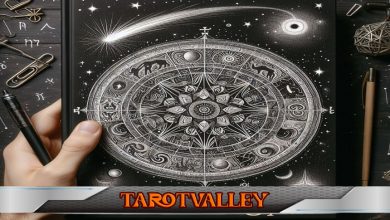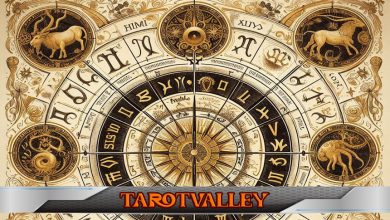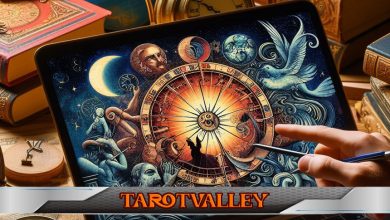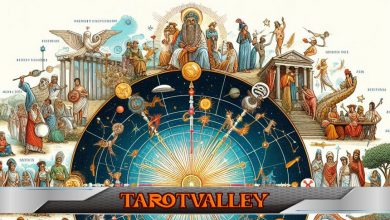Expertise in the history and concepts of Astrology
How to Understand the History and Concepts of Astrology
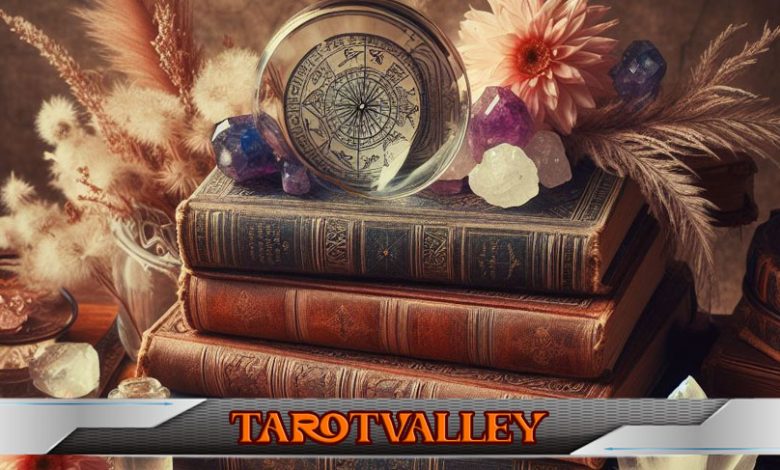
Astrology, a practice deeply rooted in historical ideals and celestial observations, continues to captivate and intrigue individuals globally. This newsletter delves into the wealthy records and foundational standards of astrology, exploring its evolution throughout cultures and periods. From debunking unusual myths to discussing the various kinds of astrological practices, this complete guide aims to offer a nuanced understanding of astrology’s importance and relevance in each historical and cutting-edge context. Be part of us on a journey through the charming global of astrology as we resolve its mysteries and explore its enduring effect on society and personal belief systems.
Astrology, not to be burdened with astronomy, the one with telescopes and actual science, is about how the positions and actions of celestial bodies like planets and stars can impact human behavior and earthly activities. It’s the OG persona check that meets cosmic vibes.
Defining Astrology
Astrology is just like the mood ring of the universe, claiming that the alignment of planets and stars at the time of someone‘s beginning can reveal insights into their character, relationships, or even destiny events. It is like the authentic “it’s written within the stars” earlier than horoscopes became all and sundry‘s guilty pride.
Review of Astrological Practices
Astrological practices vary from developing natal charts based totally on delivery information to decoding planetary movements to make predictions about everything from love existence to professional picks. It is like looking at the cosmic weather forecast to navigate your way through your lifestyle’s ups and downs.
History of Astrology
In case your notion of astrology turned into only a millennial aspect, suppose once more. This cosmic artwork has been around since ancient times, way before Instagram’s horoscope meme pages.
Historic Origins of Astrology
Historical civilizations, just like the Babylonians and Egyptians, were all approximately connecting the dots inside the sky to make sense of existence on Earth. They noticed styles among celestial actions and activities right here, laying the groundwork for astrology as we are aware of it nowadays.
Development of Astrology in one-of-a-kind Cultures
Astrology failed to prevent the pyramids and ziggurats. It unfolds like wildfire, adapting to different cultures like a chameleon with a cosmic makeover. From Greek and Roman influences to Arabic and Indian traditions, astrology placed on exceptional cultural hats faster than a Gemini changes their thoughts.
Key Standards in Astrology
Astrology is not pretty much studying your daily horoscope for kicks (though guilty as charged). It’s a complex device with its language of zodiac signs and symptoms, planetary impacts, and cosmic houses. Buckle up; it’s time to dive into the astrological deep dive.
Zodiac symptoms and homes
Consider the sky as a massive disco ball, divided into 12 zodiac signs and symptoms like Aries, Taurus, and beyond. Every sign has its character tendencies and quirks, kind of like a cosmic persona buffet. Then there’s the entire house machine, wherein planets dangle out in exceptional regions of your natal chart, influencing distinct elements of your life like career, relationships, and all that jazz.
Planetary effects
Forget Mercury being in retrograde (cue collective groans). Planetary impacts pass past net memes to form how we express ourselves, love, paintings, and characteristics as humans. Each planet brings its cosmic strength to the desk, creating a celestial cocktail that stirs up the drama in our normal lives.
Forms of Astrological Practices
Astrology isn’t a one-size–fits-all deal. Special cultures have their very own spin on cosmic insights, from the Western Zodiac to the Chinese Zodiac. It’s like comparing Starbucks to bubble tea—each tasty, with a specific cosmic flavor.
Western Astrology
Western astrology might be what you are most acquainted with, based totally on the tropical zodiac machine and popularized in Western cultures. It is like the astrological equivalent of a pumpkin spice latte—delightfully mainstream, but with enough depth to keep you coming back for more.
Chinese Astrology
Chinese-language astrology brings flavor to the cosmic desk with the lunar calendar and animal signs like the rat, ox, and so on. It’s like a whole distinctive astrological universe, where your start year can determine your personality tendencies and compatibility with others. Consider it the fortune cookie of astrological readings—unexpected, from time to time cryptic, but usually exciting.
The Function of Astrology in Society
Astrology has played a giant role in shaping societies at some stage in history. From guiding rulers in choice-making to imparting insights into personal developments and relationships, astrology has been a source of intrigue and has affected it.
Astrology in ancient instances
In historic times, astrology became intertwined with faith, philosophy, and technology. Civilizations like the Babylonians, Egyptians, Greeks, and Romans looked to the celebs for steerage on matters ranging from agriculture to governance. The celestial bodies have been believed to hold tremendous power over human affairs, shaping destinies and offering a glimpse into destiny.
Astrology in Contemporary Society
These days, astrology continues to captivate individuals searching for self-discovery and steering. Even though a few view it as leisure or pseudoscience, others discover comfort and insight into their astrological signs. Whether or not in the form of daily horoscopes, birth charts, or compatibility readings, astrology remains a famous tool for navigating life‘s uncertainties and complexities.
Debunking Myths and Misconceptions about Astrology
Despite its enduring popularity, astrology faces its fair share of skepticism and complaints. Misconceptions abound, with many dismissing it as mere superstition or coincidence. However, delving deeper into the history and ideas of astrology, we find a complicated device of symbolism and interpretation that goes beyond floor–stage stereotypes.
The Evolution of Astrology nowadays
Over the centuries, astrology has evolved alongside advances in technology. Even as traditional practices bear fruit, cutting-edge astrologers have tailored their methodologies to resonate with present-day audiences. The upward thrust of online structures and social media has additionally facilitated the accessibility of astrological insights, fostering a diverse and engaged community of enthusiasts. As astrology continues to conform, its enduring appeal lies in its capability to provide solace, thought, and an experience of connection to the cosmos. In conclusion, delving into the records and concepts of astrology that are well-known shows a complicated and nuanced system of ideals that has stood the test of time. Despite varied interpretations and cutting-edge skepticism, astrology maintains that it forms perceptions and provides insights into the human experience. Whether one views it as a technology or a form of non-secular guidance, the long-lasting appeal of astrology lies in its potential to spark curiosity, foster self-reflection, and connect individuals to the rhythms of the cosmos. Embracing the knowledge of the celebs, we can find that means, guidance, and a sense of interconnectedness in the large universe we inhabit.
